In a world where leaders lead nations on an isolationist course and Big Tech starts gaining the power to meddle in politics and vice versa, can Europe provide viable alternatives to the Big Tech from the US and China? This article explores why European tech matters, what compelling events are happening and what European consumers can do.
I had the privilege of working alongside a colleague who frequently asked “what is the compelling event?”. This is a surprisingly good and effective question. What is the trigger which incentivices large corporations or governments to really start moving and allocate resources and budgets to something. I have found this “compelling event” theory to be very true. In most large corporations or governments, not much happens unless there is a direct compelling event. Examples such events include new privacy legislation with a clear deadline (and severe fines) or rapid customer loss.
Compelling events
The interesting thing is that currently there are, broadly, two compelling events happening: countries are isolating themselves more and more (particularly the US, but others are following) and Big Tech starts to gain the power to meddle in politics as well as vice versa (increasingly so). The isolationist direction is a bit of a problem in the compelling event theory, because it goes slowly and seems less urgent. Access to Big Tech services (e.g. Windows or the Google Drive suite) could become a political bargaining chip nations could use. This should be a compelling event to act, but it isn’t (yet). But truth be told, things could escalate quickly. So, should Europe wait or be the frog in slowly heating water which, by the time it notices that the water is boiling, it would be too late?
The second compelling event, where Big Tech is becoming more sensitive towards political pressure, is more urgent and direct. For example, the terms and conditions of Meta are being updated to align better with the prevailing political direction of the US currently, as for example described here. In addition, Elon Musk has headed DOGE for about 5 months, focussing on improving US government efficiency, but is simultaneously the richest man in the world and CEO of Tesla and SpaceX (amongst others). The best (although that sounds way too positive) example is that Trump became angry at the International Court of Justice in The Hague, which led to the Chief Prosecutor losing access to his mailbox and this could become even worse.
Other big tech CEOs also seem to be more sensitive towards the political winds in the US. Conflicts of interest where company interests and political interests are mingled cannot be ruled out and given the huge role that big tech plays in all of our lives, this should be a compelling event we, as Europe, act upon. This goes beyond the US and also happens elsewhere, for example in China, where WeChat and the Chinese government are closely linked as is explained in more detail here.
So what should European consumers do?
So, considering these compelling events, what should a European consumer do? If you tried to look for an alternative, you probably quickly came to the conclusion that it’s not easy to find answers to those questions. It is still difficult to come across sufficient information that helps you as a consumer to make an informed decision about where to look. Yes, there are some snippets of information here and there – the best source of information I found is on https://european-alternatives.eu/. It gives a very good overview of European alternatives in many categories, including for example “European mail providers”. Unfortunately, the categories are more business, not consumer- oriented. And to make things even harder, there is no real evaluation of each of these alternatives. It is also really difficult to compete with the Big Tech due to many reasons, but that is a topic for another article.
Even for a tech enthusiast like myself, I realise that making a choice for European solutions is not easy. There is an innate inclination to Big Tech, especially American. In fact, when thinking of building this blog, I almost bought hosting space and this domain using GoDaddy. Just before clicking “Purchase”, I quickly researched GoDaddy and found out that it’s American. Probably not the best landing zone for a site like eurotechguide.com. As a hosting provider, I now selected Cloud86, a Dutch hosting provider which runs in a Dutch datacenter.
In the next installment, I’ll dive into why there is no European Big Tech, followed by practical insights on what European consumers can already do to reduce the dependency on US and Chinese Big Tech. While Europe may not yet have large-scale Big Tech (Google/Microsoft/Apple like), promising smaller European alternatives are emerging that could well serve users’ needs.
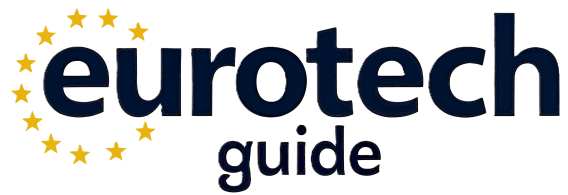
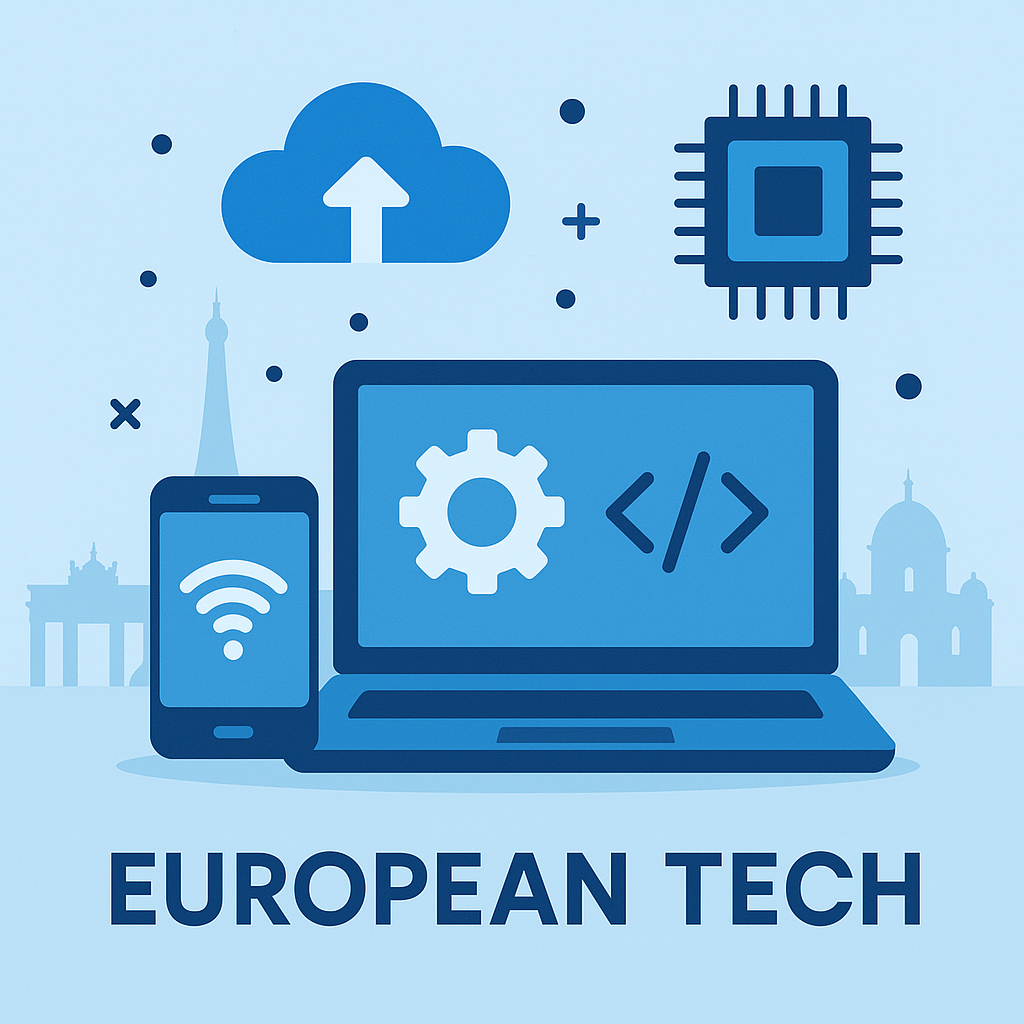
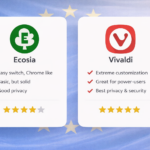
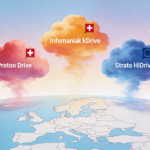
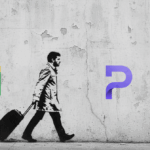



Leave a Reply